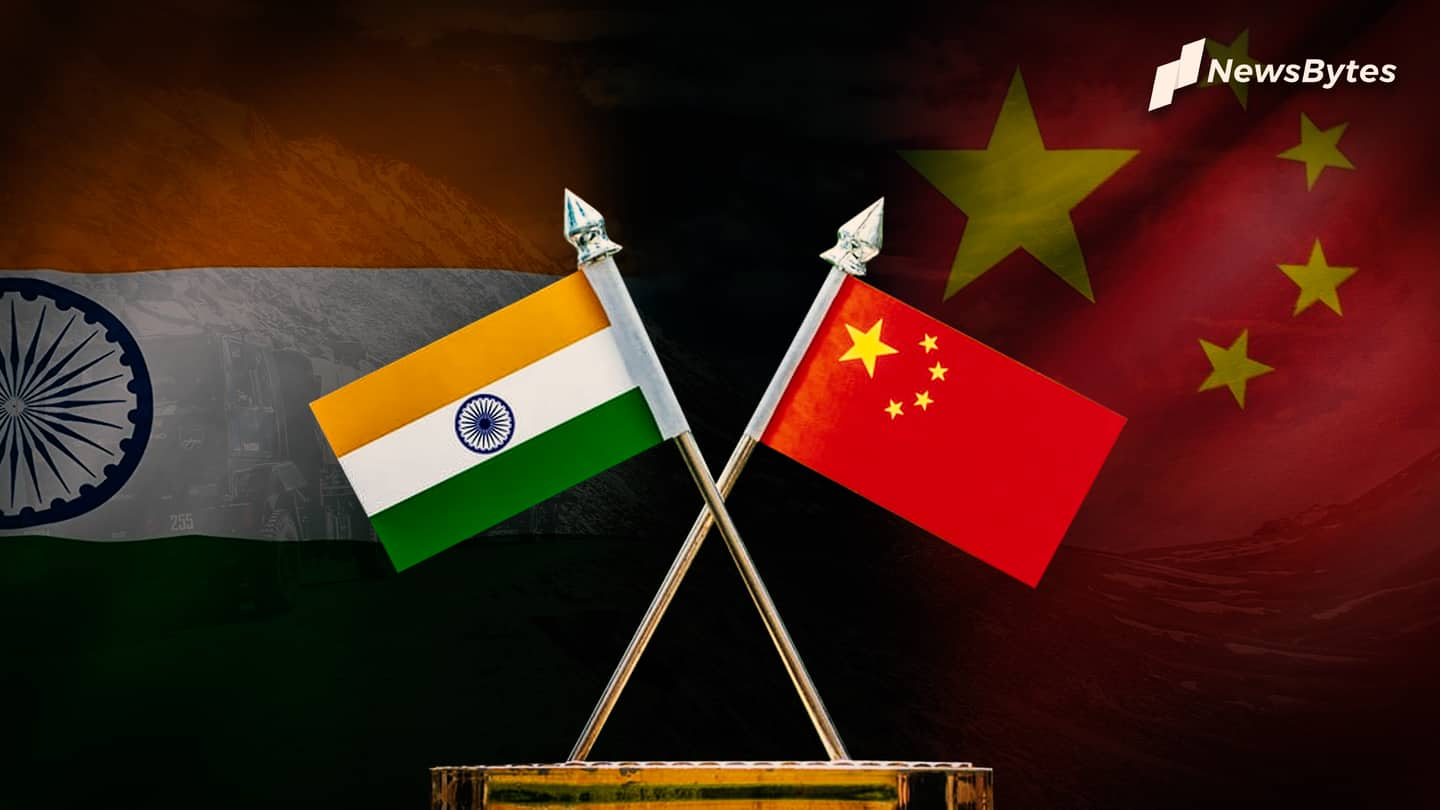
India-China tensions can escalate, but 'threshold of war' hasn't reached
What's the story
With India and China laying reciprocal allegations on one another about warning shots being fired along the Line of Actual Control (LAC) this week, questions about a full-blown war between the nuclear-armed neighbors have received attention.
However, people in the know claim that while the situation can take any turn, the "threshold of war" hasn't been reached yet.
Here's more on this.
Report
It's difficult to predict the trajectory, war unlikely: Report
Top government sources told News18 that while it was difficult to predict which way the current situation might swing, "we haven't reached the threshold of war."
"Things do build up to the full-blown conflict, but so far there have been only pinpricks. The Chinese deployment right now is non-tactical," a person told the daily.
The government, however, believes there will be "minor escalations."
Expectations
More incidents like August's likely, feels India
The Indian side is expecting skirmishes, similar to the August 29-30 incident when China's People's Liberation Army tried to change the status quo at the Southern bank of Pangong Lake.
New Delhi is also certain that the misadventures along LAC are not being controlled by on-ground commanders or PLA's Western Theater Command. Instead, the top brass in China is calling the shots.
Statement
China expressed interest in following protocols yet moved troops
Commenting on the matter, an informed source reiterated that China can't be trusted.
"On the morning of the 29th, the Chinese Commander in Chushul had spoken to his Indian counterpart about following established protocol and not doing any movement at night. And yet, the same night, he moved his men towards our posts," the person said.
Notably, so far, military-level talks haven't yielded results.
Red line
Upset with transgressions, India has drawn a new red line
Meanwhile, faced with an adamant China, the Indian Army gave a stern warning to PLA against crossing barbed wires.
"The Chinese move troops and tanks, and try to close-in on Indian positions. We ask them not to cross the line, after some time they go back. They know if they move further, they will have a military cost to pay," a source told News18.
Build-up
Amid tensions, China sent more troops; India also matching build-up
Tellingly, China has also amassed troops in the volatile area. Multiple reports said some 50,000 troops, tanks, heavy artillery, missiles, and air defense systems, have been stationed along LAC.
In response, India too matched up China's build-up by sending front-line tanks and infantry combat vehicles, reports HT.
"If China brings in more reinforcements, so will we," officials in the know told the daily.
Laxity
Further, India has denied intelligence failure on its part
Unsurprisingly, the massive presence of PLA personnel raised pertinent questions about intelligence failure. However, sources denied any laxity on India's part.
"We knew the PLA had come in with large numbers, but we assumed this was their regular deployment for the campaigning season. What we didn't realize is that they would come in suddenly and occupy areas," the person added.
Assessment
China's action not matching its words, leaving India perplexed
The person also said India hasn't been able to figure out why China picked up a fight amid a raging pandemic.
Similarly, other officials told HT that China has been sending mixed signals.
"The sense we got from the recent meeting between the Indian and Chinese defense ministers was that the Chinese don't want war...But why are Chinese opening so many fronts, we don't understand," officials said.
Mood
India doesn't want another Galwan incident, hence, changed rules
Clearly, India doesn't want a repeat of the Galwan Valley episode, that happened in June.
Due to China's aggression, India lost 20 soldiers. Later, New Delhi changed the rules of engagement along LAC. According to IE, border troops are now allowed to shoot if "they felt threatened."
Separately, India is not averse to a diplomatic solution, hence, hasn't shut channels for dialogues yet.
Details
Soon, Jaishankar will meet his Chinese counterpart, demand de-escalation
Notably, India's External Affairs Minister S Jaishankar will meet his Chinese counterpart Wang Yi in Russia today, for the first time since tensions peaked along LAC.
It is believed Jaishankar will remind Wang about the bilateral agreements and ask for complete disengagement in the area.
Earlier, defense ministers of both the nations also held talks but it had little impact on the tensions.